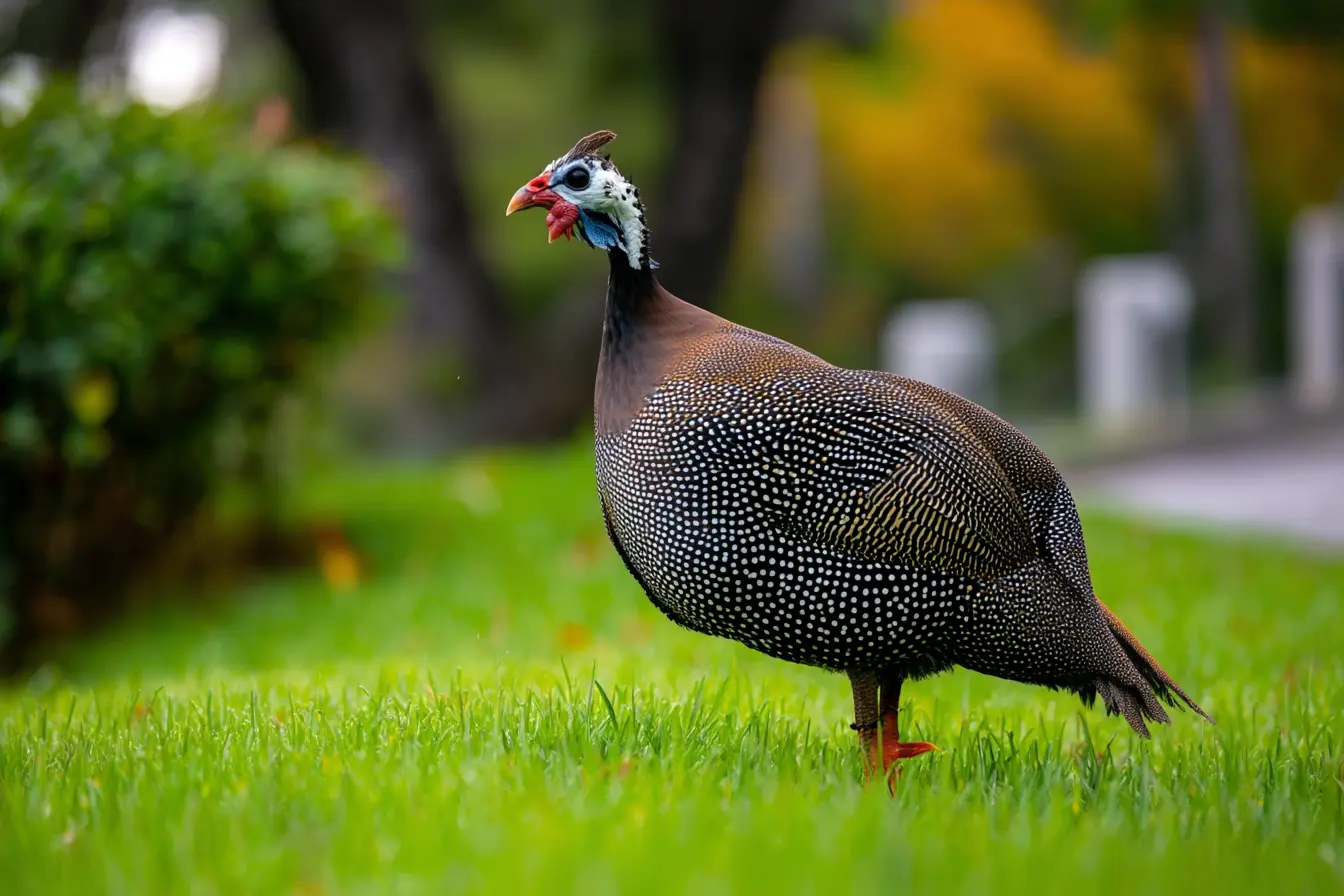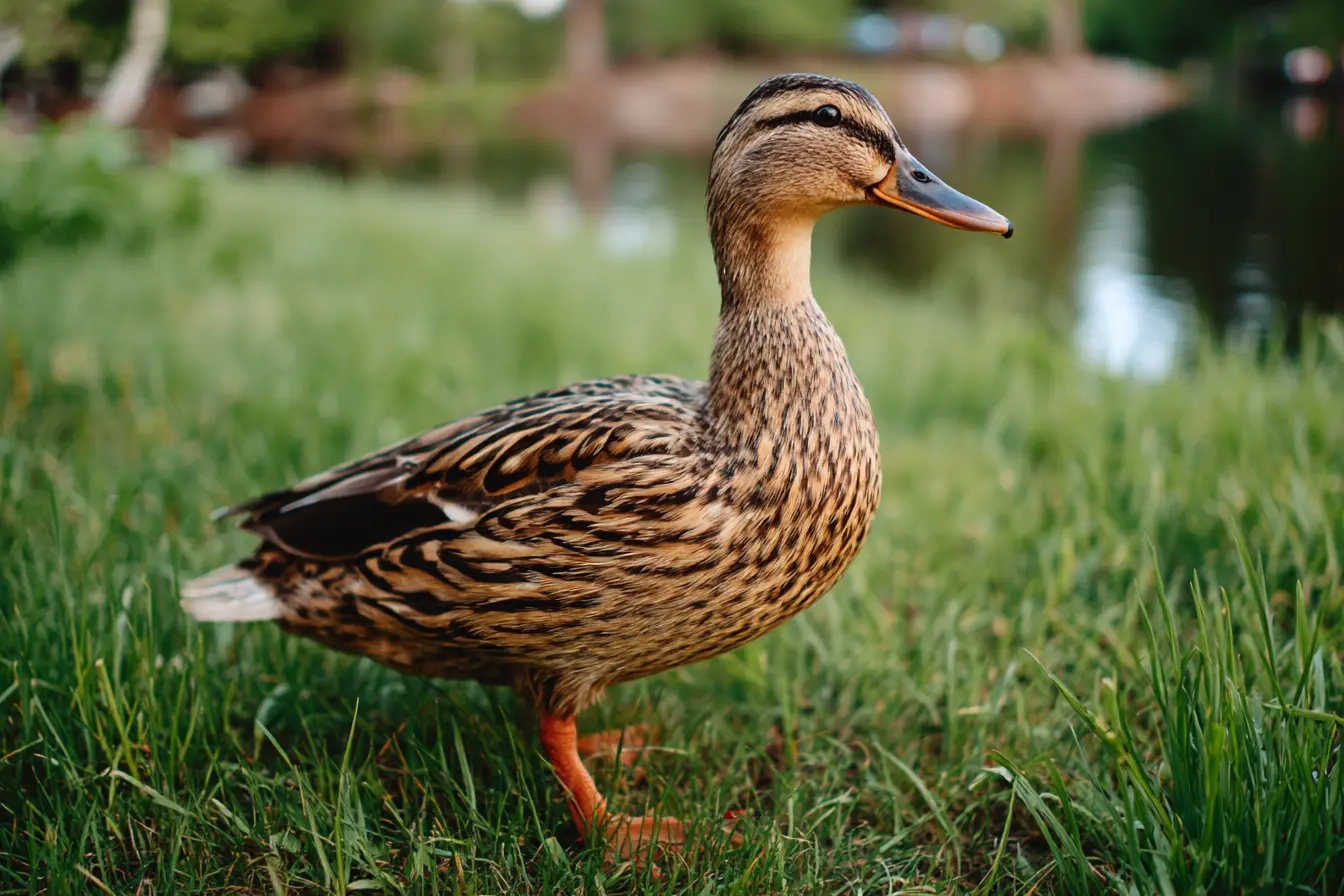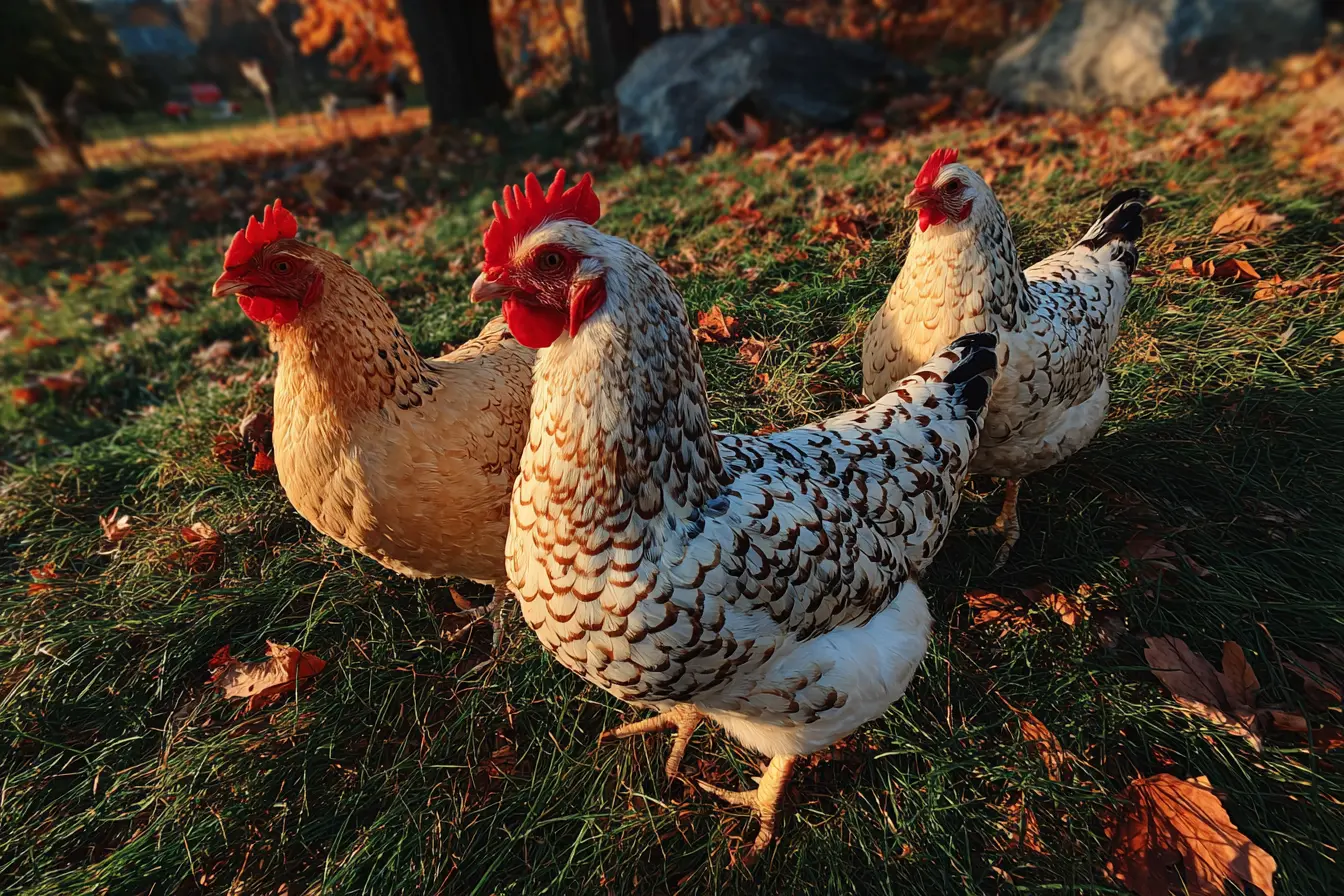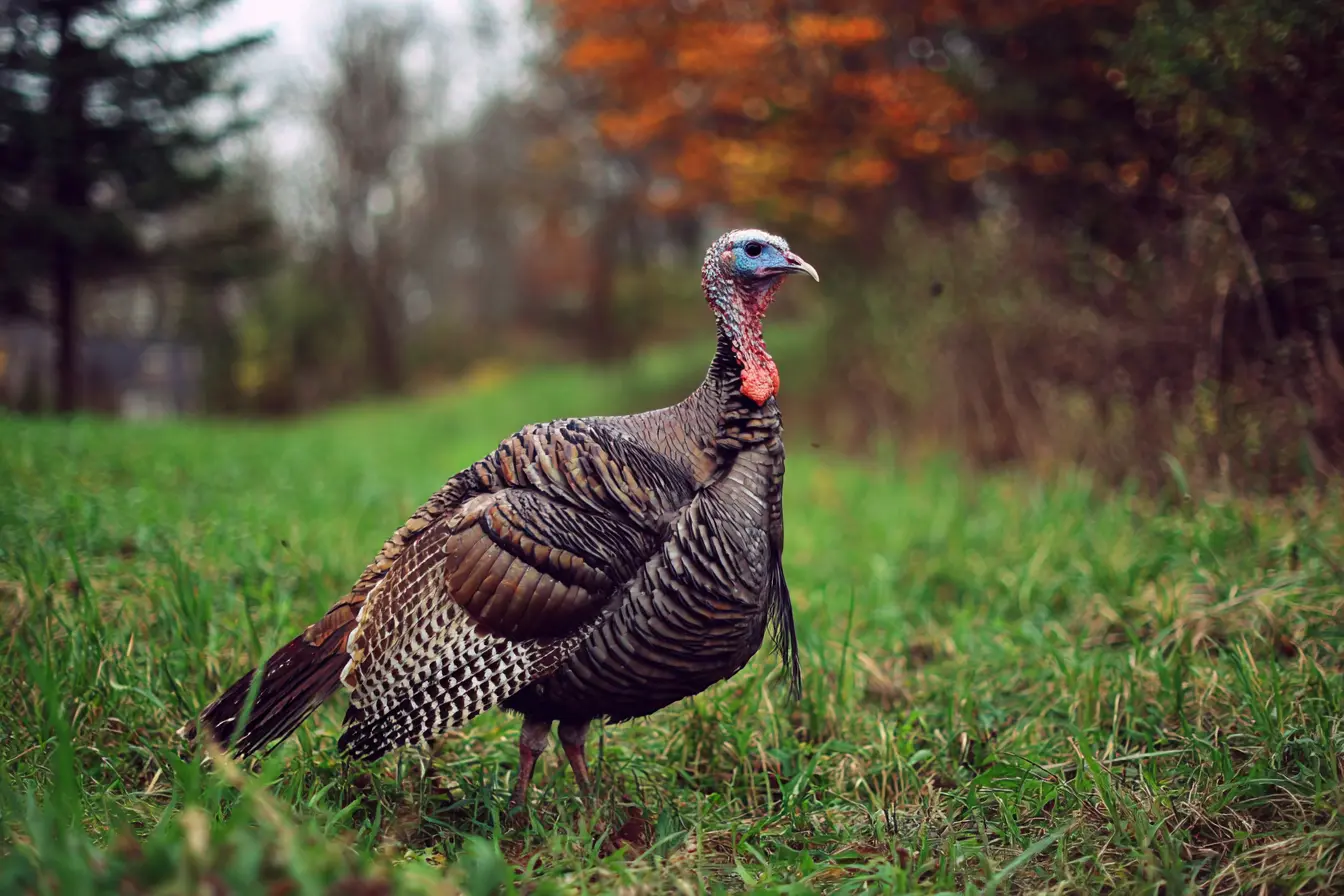
Torticollis in Ducks: Understanding Twisted Neck Syndrome
Torticollis, commonly referred to as “twisted neck” or “wry neck”—is a distressing condition in ducks that causes the head and neck to twist into abnormal positions. While it looks alarming, torticollis is a symptom rather than a disease in itself. It may indicate nutritional deficiency, neurological infection, trauma, or other underlying issues.
In this post, we’ll explore what causes torticollis in ducks, how to recognise it, what treatments are available, and how to prevent it in your flock.
What is Torticollis?
Torticollis is a condition in which a duck’s neck becomes twisted or contorted. Birds may:
- Hold their head upside down or over their back
- Struggle to keep their balance
- Appear dizzy or spin in circles
- Have difficulty eating or drinking
The condition can vary from mild head tilt to severe, uncontrollable neck twisting. It is often seen in ducklings but can affect ducks of any age.
Common Causes of Torticollis in Ducks
Nutritional Deficiency
- Vitamin E and selenium deficiency is one of the most common causes of torticollis in ducklings.
- These nutrients are essential for brain and nerve health.
- Deficiency can result from poor-quality feed or improper storage of pellets.
Niacin Deficiency (Vitamin B3)
- Although more commonly linked to leg issues, severe niacin deficiency can affect the nervous system and contribute to torticollis.
Infections
- Riemerella anatipestifer and Newcastle Disease can cause neurological signs, including wry neck.
- Infections affect the brain or inner ear, leading to loss of balance and head control.
Head Injury or Trauma
- A blow to the head or neck, possibly from a fall or aggressive flock mate, can cause swelling or nerve damage.
Congenital Issues
- Rarely, ducklings may hatch with deformities or weak neck muscles, resulting in torticollis from birth.
Toxins
- Ingesting mouldy feed or contaminated water may cause neurological symptoms, including wry neck.
Symptoms to Watch For
Signs of torticollis may include:
- Head twisting to one side or fully upside down
- Loss of balance or coordination
- Inability to walk straight
- Circling or spinning behaviour
- Difficulty eating or drinking without assistance
- General weakness or lethargy
In mild cases, the duck may still move about and feed. In severe cases, the bird may be completely disoriented and unable to function.
Diagnosing the Cause
Since torticollis is a symptom, diagnosis focuses on identifying the root problem. Consider:
- Diet history (Was feed recently changed? Is it fresh?)
- Age of the duck (Ducklings are more prone to deficiencies)
- Exposure to illness or infected birds
- Any recent injuries or stressful events
- Access to spoiled feed or standing water
A vet can help confirm whether infection, nutritional deficiency, or trauma is the likely cause.
Treatment Options
Treatment depends on the underlying cause, but early intervention can make a big difference.
For Vitamin Deficiency
- Vitamin E supplements (100–400 IU daily for ducklings)
- Selenium (found in small doses in wheat germ oil or commercial poultry supplements)
- Brewer’s yeast for additional B vitamins and niacin support
- Offer soft, easy-to-reach food and shallow water dishes
- Gently support the duck’s head when feeding if it struggles
Improvement can take several days to a few weeks, depending on severity.
For Infection or Trauma
- Consult a vet to rule out bacterial or viral infection
- Antibiotics may be prescribed for bacterial causes
- Anti-inflammatory drugs or supportive care may help after injury
Supportive Care
- Isolate affected ducks to reduce stress and prevent bullying
- Use rolled towels or soft supports to keep them upright
- Offer warm baths to ease tension and improve comfort
Prevention
To help prevent torticollis in your flock:
- Provide high-quality, well-balanced feed from reputable suppliers
- Avoid feeding chick starter without proper supplementation for ducklings
- Store feed in a cool, dry place to prevent vitamin degradation
- Keep housing clean and safe to prevent injuries
- Quarantine new birds and monitor for disease
- Ensure fresh, clean water is always available
Is Torticollis Permanent?
In many cases—especially those caused by vitamin deficiency—torticollis is reversible with treatment. Birds with mild to moderate symptoms often recover fully over time. However, if the condition is due to congenital defects, head trauma, or advanced neurological disease, it may be permanent**.
If the duck cannot eat, drink, or function comfortably even with help, humane euthanasia may need to be considered.
Key Takeaways
- Torticollis (wry neck) is a symptom of an underlying problem, not a disease itself
- Causes include vitamin E/selenium deficiency, infection, trauma, or toxins
- Early treatment with vitamin supplements and supportive care can lead to full recovery
- Prevention is best achieved through good nutrition and safe housing
- Seek veterinary advice if symptoms are sudden, severe, or do not improve
Final Thoughts
Seeing a duck with a twisted neck can be frightening, but in many cases, the condition is manageable and reversible. The key is to act quickly—adjust the diet, offer gentle support, and seek professional guidance if needed. With the right care, many ducks can return to normal, happy lives.
Vets near you
Speciality vets
- Aquatics vet specialists
- Birds vet specialists
- Camelids vet specialists
- Cats vet specialists
- Cattle vet specialists
- Deer vet specialists
- Dogs vet specialists
- Equines vet specialists
- Exotic vet specialists
- Goats vet specialists
- Pigs vet specialists
- Poultry vet specialists
- Sheep vet specialists
- Small Mammals vet specialists
- Wild vet specialists
Vet facilities
- Accessible by public transport
- Blood testing
- Car park nearby
- Client car park
- Dentistry
- Diagnostic imaging
- Disabled public access
- Flea and worm treatments
- Microchipping
- Mobile services
- Neutering
- Open at weekends
- Out-of-hours service
- Referral interests
- Referrals only
- Street parking outside
- Toilets available
- Vaccinations



